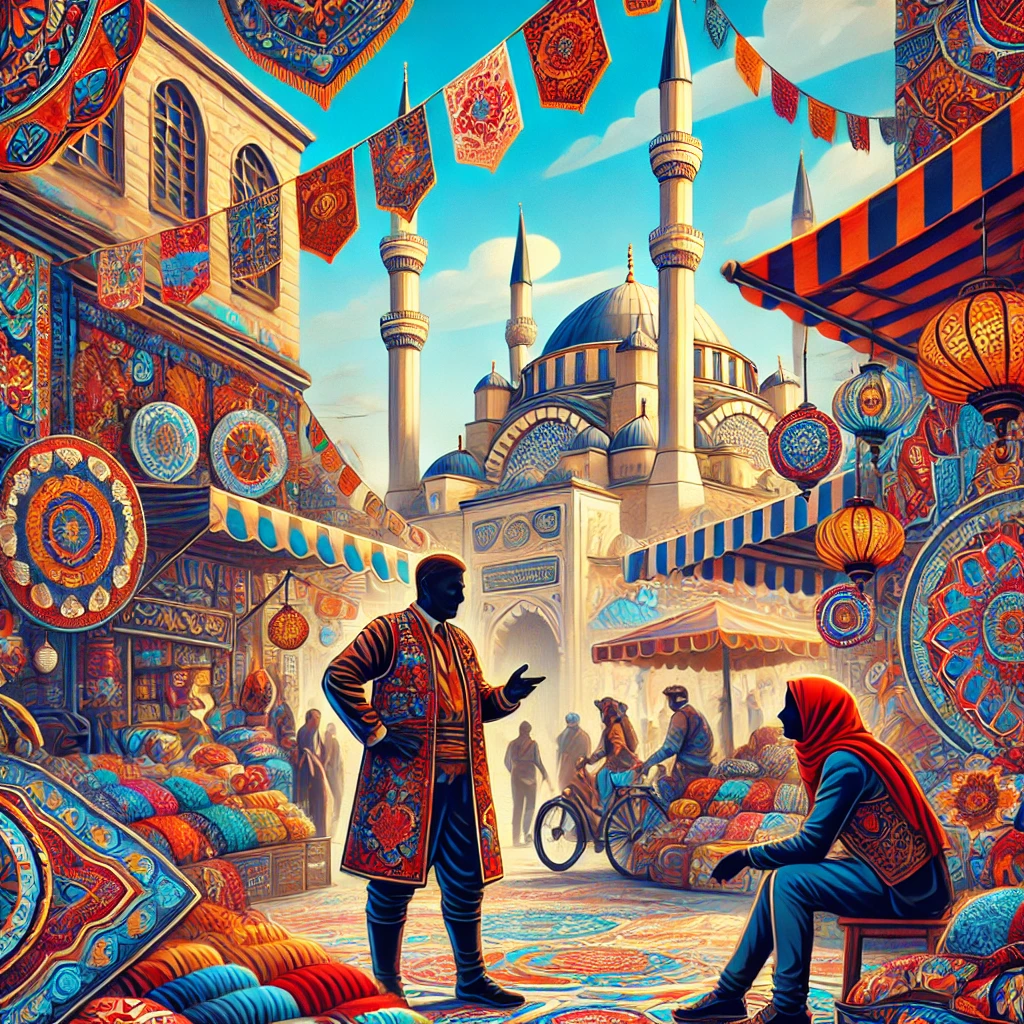The term “utanmaz türklere” directly translates to “shameless Turks.” This phrase captures a bold, unapologetic attitude that reflects aspects of defiance, pride, and resilience within Turkish society. In modern times, the phrase has taken on cultural, historical, and societal significance, shaping how people view individuality, identity, and cultural norms. This article explores the history, evolution, and various dimensions of “utanmaz türklere” and its relevance in today’s Turkish culture.
Etymology of “Utanmaz Türklere”
The Meaning Behind the Words
Understanding the term begins with its etymology. “Utanmaz” means shameless, while “Türklere” refers to Turks. Together, it suggests a group or individual who embraces boldness, often challenging traditional values and norms. The use of the word “shameless” can sometimes carry a negative connotation, but in the context of “utanmaz türklere,” it has evolved into something more complex.
Evolution from Negative to Boldness
The phrase doesn’t always signify disrespect or a lack of honor; rather, it indicates defiance against societal restrictions and a bold sense of self. Over time, certain groups or individuals began embracing this label as a badge of honor, celebrating their willingness to go against the grain and challenge the status quo.
Historical Context and Evolution
The Role of Honor in Turkish Society
Historically, Turkish society placed a high value on honor, dignity, and communal respect. These values shaped societal expectations and limited personal freedom. However, “utanmaz türklere” represented a break from these rigid cultural constraints.
From Revolutionaries to Reformists
The phrase likely gained traction during key historical moments where defiance was necessary, such as during the collapse of the Ottoman Empire or in the early years of modern Turkey. Individuals who embodied the spirit of “utanmaz türklere” defied conventional rules, often in the name of freedom, creativity, or political reform.
Contemporary Usage
As Turkey underwent political and social changes, the concept of shamelessness overlapped with revolutionaries and reformists. This shift paved the way for the more liberal and rebellious streak associated with the phrase today.
Societal and Cultural Impact
Expression of Individuality
In modern-day Turkey, “utanmaz türklere” has found its place in cultural and societal dynamics. This boldness is often reflected in various forms of media, from art and literature to politics and social media. For some, it represents freedom of expression, while others view it as a sign of declining traditional values.
The Dual Nature of Boldness
The impact of embracing a bold or “shameless” attitude is twofold. On the one hand, it allows for greater individuality and self-expression, particularly in a society where communal standards are highly regarded. On the other hand, it can spark controversy and criticism from those who feel that Turkish values of respect and dignity are being undermined.
Art, Literature, and “Utanmaz Türklere”
In art and literature, characters embodying “utanmaz türklere” often push the boundaries of Turkish decorum. Musicians, writers, and artists who embrace this boldness challenge societal norms and spark dialogue on identity, pride, and resistance.
The Role of Gender in “Utanmaz Türklere”
Gender Expectations in Traditional Turkish Society
Gender plays a significant role in how the term “utanmaz türklere” is perceived. In traditional Turkish society, there are different expectations for men and women regarding behavior, honor, and public decorum.
Women Reclaiming Boldness
When men display bold or defiant attitudes, it may be seen as strength. However, women who embrace similar boldness are often judged more harshly. Recently, feminist movements in Turkey have challenged this double standard. Many women are reclaiming the term as a form of empowerment, challenging the patriarchal norms that once silenced them.
Social Media and Gender Defiance
Through social media and activism, women are using the phrase to highlight the importance of standing up for their rights and defying societal pressures.
Representation in Media and Popular Culture
Bold Characters in Turkish Media
“Utanmaz türklere” has gained significant traction in Turkish media and popular culture. Television shows, films, and online platforms often depict characters who embody this unapologetic attitude. These characters are portrayed as bold, daring, and willing to challenge societal expectations.
The Appeal to Younger Audiences
In Turkish dramas, rebellious characters often become fan favorites. Their defiance of traditional roles, especially in relation to family, gender, and societal expectations, resonates with younger audiences who seek to break away from conservative cultural molds.
Media Reflecting Social Shifts
The representation of “utanmaz türklere” in media is a reflection of how Turkish society is gradually shifting. More people, especially the youth, are pushing for changes in how individuality and self-expression are perceived.
The Role of Social Media in Shaping Perceptions
Social Media as a Platform for Boldness
Social media platforms like Twitter, Instagram, and Facebook play a crucial role in spreading the ideals associated with “utanmaz türklere.” These platforms allow people to express their boldness, share their lifestyles, and voice their unfiltered opinions.
Hashtag Culture and Cultural Movements
Hashtags related to “utanmaz türklere” often trend, drawing attention to various cultural and social movements. Through these platforms, people can challenge traditional norms in real-time, sparking debates on cultural identity, values, and behavior.
Global Influence and Perception of “Utanmaz Türklere”
The Turkish Diaspora and Identity
While “utanmaz türklere” is deeply rooted in Turkish culture, it has started to gain recognition beyond the country’s borders. The Turkish diaspora, especially in Europe and the U.S., often use the phrase to describe their boldness in maintaining cultural identity while defying external pressures to conform.
Global Interpretations of Boldness
As the term is exposed to different cultural contexts, it invites new interpretations. Some cultures may view this boldness as empowerment, while others might see it as a negative aspect of identity.
Contemporary Political Use of “Utanmaz Türklere”
Political Defiance and Boldness
In modern political discourse, “utanmaz türklere” is sometimes used to describe individuals or groups who push back against political norms or government authorities. This defiance can be both celebrated and condemned, depending on the political stance of the speaker.
Political Movements and Controversy
Some political movements embrace this label to highlight their defiance against traditional power structures. However, critics argue that it can encourage reckless behavior or undermine societal cohesion.
Conclusion: The Future of “Utanmaz Türklere”
As Turkey continues to balance its traditional values with modern influences, the concept of “utanmaz türklere” remains relevant. It reminds us that societal norms are constantly evolving and that boldness, whether celebrated or criticized, plays a significant role in shaping cultural identities.
The Evolution of Boldness in Turkey
The future of “utanmaz türklere” will continue to shift as new generations embrace individuality and defy traditional expectations. Whether widely accepted or sparking controversy, the unapologetic attitude behind “utanmaz türklere” will remain an essential part of Turkey’s cultural landscape.











